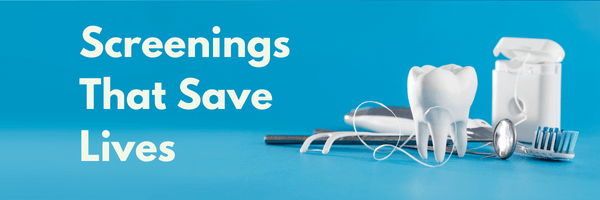
Has This Happened to You? (My Employer Duped Me!)
Posted August 12, 2013
Have you ever gone on a working interview and just assumed that you’d get paid for the time you spent at the office, from the moment you arrived until the time you left? When you got your money, did you discover that, in fact, you only got paid for five of the eight hours you were there? While this isn’t exactly common, it does happen, and anyone going on a working interview should take the following steps to ensure it doesn’t happen to them.
Working Interview Information
When offered a working interview, which is an on-the-job evaluation to determine if you really are qualified for the job, it is important to get the following information:
- The time you are expected to arrive.
- What time you are expected to be there until.
- If you will be paid for the time you are actually there.
- How much you will be paid for your time.
- How much time you will get for breaks and lunch.
- If breaks and lunch are paid or not.
- When you will be paid.
- How you will be paid.
- What is expected of you.
The time to get this information is BEFORE you show up for your working interview. It is also important to get this information in writing, even if you have to write it down yourself. Make sure you get the dentist or office manager to read and affirm what’s written. This ensures there are no misunderstandings, whether by initialing a printout in person or replying to an email. Having proof that the dentist/manager agreed to the terms of your working interview is critical.
Preparation is Key
If you don’t get all this down beforehand and find yourself shortchanged at the end of the day, there’s really nothing you can do about it. Don’t let an employer dupe you, and don’t dupe yourself. Be prepared! Clearly communicate your expectations and confirm that the employer’s expectations match yours. Do this, and you won’t be duped again. If you are, at least you will have the proof you need to take action if you decide to do so.
Updated February 15th, 2022
We connect and educate more than 900,000 job seekers in the U.S. and Canada to build better places to work through teams that excel.




.png)




.png)
